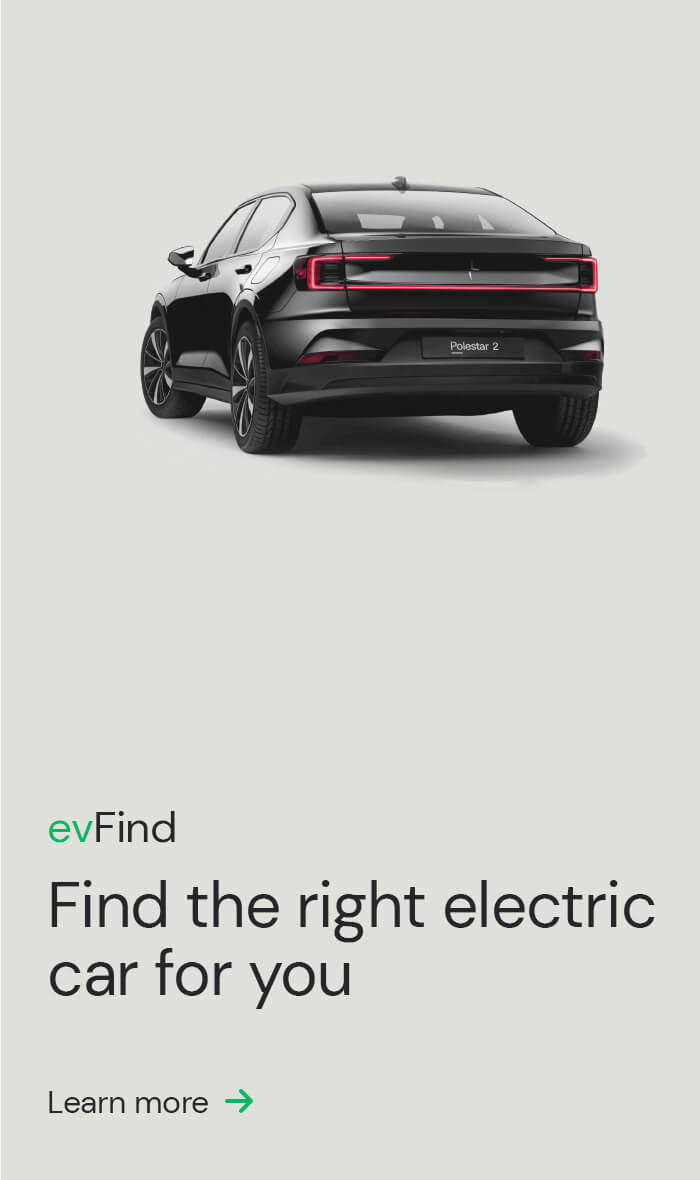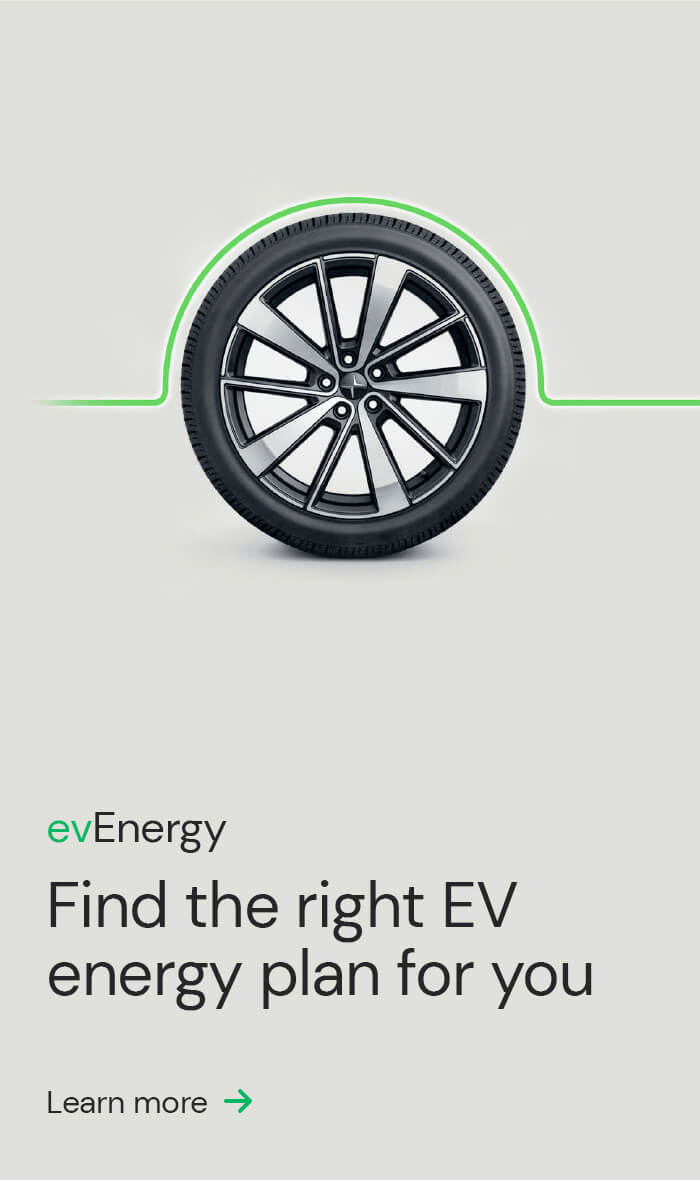If you’ve decided to make the leap and join the sustainable driving movement with an electric vehicle, there may be a lingering question: Are EVs more expensive to insure than their fossil-fuelled counterparts?
The short answer is yes. Insurance premiums often follow the “money talks” principle. That is, the more your car costs, the more you’ll pay for insurance. Fortunately, there are many factors that make EVs a more affordable solution in the long term despite higher insurance premiums.
What factors may influence how much an EV costs to insure?
According to WhichCar?, EVs typically cost around 20% more to insure than internal combustion engine (ICE) cars when comparing models of a similar size and range.
EVs are equipped with lithium-ion batteries, a costly component of these vehicles. While batteries are becoming more affordable, they still represent a substantial portion of an EV’s value, making it an important consideration for insurers.
Furthermore, many EVs have advanced technology and safety features, such as collision avoidance systems, autonomous driving capabilities and intricate electric drivetrains. Although these features can enhance safety, they may also increase repair costs, affecting insurance rates. Especially since repairing requires specialty technicians, of whom there is currently a limited supply in Australia.
As EVs gain more market share and the number of skilled technicians increases, electric vehicle insurance premiums will drop.
What may offset the costs of EV insurance?
The higher price of EV insurance can be offset over time thanks to electric vehicles’ lower running costs. According to Transport NSW, you can expect to make fuel savings of up to 70% and maintenance savings of around 40% in the long term. The Electric Vehicle Council states that this could equate to the average EV driver saving $1,600 on fuel costs each year. Therefore, the money saved on fuel and repairs can be redirected toward insurance premiums.
To lower charging costs even further, dedicated EV energy plans like our evEnergy Saver Plan give you energy discounts and four hours of free charging on weekends.
In the ACT, there are helpful Government incentives to lower the costs of purchasing an EV upfront. As part of the Sustainable Household Scheme, eligible ACT households can receive loans of up to $15,000 towards the cost of a zero-emissions vehicle. ZEVs purchased for the first time also qualify for a full stamp duty exemption. New or used zero-emissions vehicles in the ACT purchased or acquired between 24 May 2021 and 30 June 2024 will receive two years of free registration.
Things to consider when purchasing EV insurance
Like any car insurance, it’s helpful to shop around and compare deals to ensure you get the best coverage at an affordable price. Check to see what your insurance covers. Many providers often include cover for charging accessories such as cables, wall boxes and adapters as well as the vehicle itself, which will be an extra benefit should faults occur.
It could be that a pay-as-you-go insurance policy could help you save. These offer discounts to EV drivers that limit their ranges up to 15,000km a year.
Remember that insurance needs can vary based on factors like your location, driving habits and EV model. Take your time to understand your insurance options and choose coverage that provides peace of mind while driving your electric vehicle.
As your EV’s value may change over time, reviewing and potentially updating your insurance policy annually is a good practice to ensure it adequately covers your needs.
Summary
- EVs typically cost around 20% more to insure than ICE cars.
- EVs’ expensive batteries and high-tech features make insuring them more costly, as well as the current limited supply of qualified repair technicians.
- EV insurance costs can help be offset by making fuel savings of up to 70% and maintenance savings of around 40% in the long term.
- Government EV incentives can help offset insurance costs further.
- Shop around for EV insurance to find the right coverage at an affordable price.
Are you considering making the switch to an electric vehicle? ActewAGL can help you effortlessly find, finance and charge your EV. Discover how ActewAGL can support your transition to sustainable driving today. Find out more here.
Sources
https://www.whichcar.com.au/news/electric-car-insurance-premiums-compared
https://www.transport.nsw.gov.au/projects/electric-vehicles/why-buy-an-electric-vehicle
https://electricvehiclecouncil.com.au/about-ev/myth-busting/



